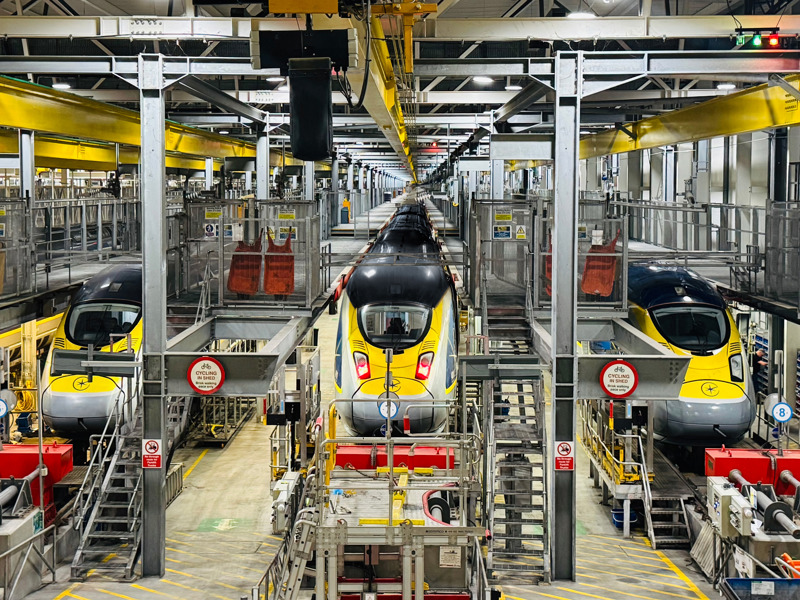
Eurostar has denied blocking access to potential cross-Channel rivals, after a report found there is some spare capacity at Temple Mills International Depot (TMI).

Eurostar has denied blocking access to potential cross-Channel rivals, after a report found there is some spare capacity at Temple Mills International Depot (TMI).
Both sides claimed the report (Temple Mills Depot - Independent Capacity Assessment 2025, published on March 31) supported their arguments, with Eurostar maintaining its position that the site is almost full, while Gemini Trains and Virgin said it showed there is space.
Operators had failed to agree on whether the site could accommodate a second company’s fleet, leading to the Office of Rail and Road (ORR) commissioning Ipex to produce the report.
Evolyn and Virgin submitted formal applications last year, while Gemini Trains’ bid was entered last month.
The report found that there could be additional capacity, with most of that coming through operational changes and alterations to infrastructure.
These include additional sanding and screen wash facilities for trains to be prepared at multiple locations across the depot, as well as extra toilet servicing equipment to enable two sets to be treated in full simultaneously.
The report said feasibility studies and surveys would be needed to implement any infrastructure changes such as new walkways and additional train preparation facilities. Eurostar called for other operators to consider investing in maintenance capacity, with Virgin willing to invest in TMI.
Evolyn and Virgin want to stable eight and seven trains overnight respectively, while Gemini’s application indicates a plan to stable a maximum of five.
Eurostar said the Ipex report did not take into account the technical specifications of trains which could run into TMI, a depot it said was built and later adapted to maintain its current fleet of Class 373 sets built by GEC Alsthom and the Siemens-produced Class 374s.
“While any operator, including a potential new entrant, would likely face similar needs for infrastructure adjustments, the scale and cost of such changes would depend on the technical requirements of the new trains,” a Eurostar spokeswoman added.
All three open access operators have said they need space for 200-metre-long trains. None of them has yet signed a contract with a manufacturer to build their fleets, although Evolyn has said previously it will look to work with Alstom. Other options include sets built by Hitachi, Siemens or Talgo.
Both Gemini and Virgin intend to operate its units as single sets, leaving open the option to run in pairs should demand necessitate.
Virgin has said it wants two of the 400-metre tracks inside the maintenance shed. It believes the report, which cited an average latent capacity of 1.6 undercover roads (two in the day, one at night), demonstrates there is sufficient capacity for its requirements given that its trains will be half the length.
A Virgin spokesperson said the report meant there were “no more major hurdles to overcome”, adding that “claims suggesting TMI was at capacity have been blocking Virgin from coming to the line”.
Adrian Quine, Chief Executive at Gemini Trains, told RAIL: “Subject to further discussions, we [Gemini] are open to coupling two sets at Temple Mills to maximise capacity, but stress this is subject to operational practicality. No decision has been taken on this yet. However, we are flexible and adopt a pragmatic approach when working with our industry colleagues.”
Quine also said Gemini wants one road inside the shed which “could be achieved without special investment”, but that the company stood “ready to invest where necessary”.
Eurostar said its stance was “not a matter of blocking access. Rather, it is a question of ensuring that any (train) modifications are feasible and align with overall network requirements".
Eurostar also told RAIL it was committed to optimising operational changes, such as moving trains out of the shed more quickly. But it warned that consolidating mid-life heavy maintenance to the dedicated road may not alleviate capacity issues.
“Presently, a significant amount of heavy maintenance is carried out elsewhere in the depot due to efficiency reasons,” a spokeswoman said.
“Consolidating all heavy maintenance to the designated road would effectively ‘swap”’ capacity rather than create additional capacity.”
She added that investment in process adaptations would be needed - something the operator warned could be costly and disruptive, and not a guaranteed solution.
Another option is to remove the decommissioned Class 373 vehicles now used as a source of spares. Although normal for Eurostar, Ipex said this was not considered industry practice.
Eurostar said their removal is seen as a “reasonable request” but added it would “need to be weighed against the operational value they provide” and “not compromise operational readiness or capacity for our new fleet plans”.
Evolyn declined to comment.
Stakeholders have until April 28 to submit evidence they believe would support or change the initial findings, before ORR publishes its final conclusions.
Login to continue reading
Or register with RAIL to keep up-to-date with the latest news, insight and opinion.

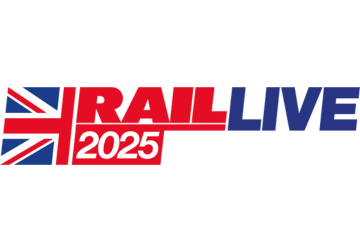
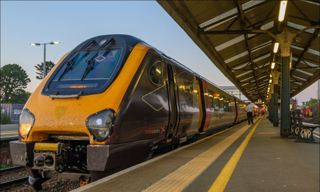
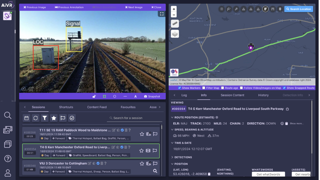
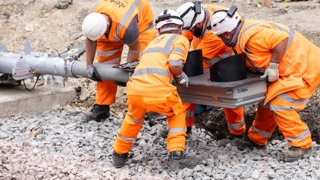
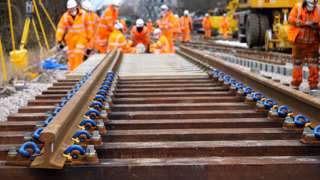











Login to comment
Comments
No comments have been made yet.